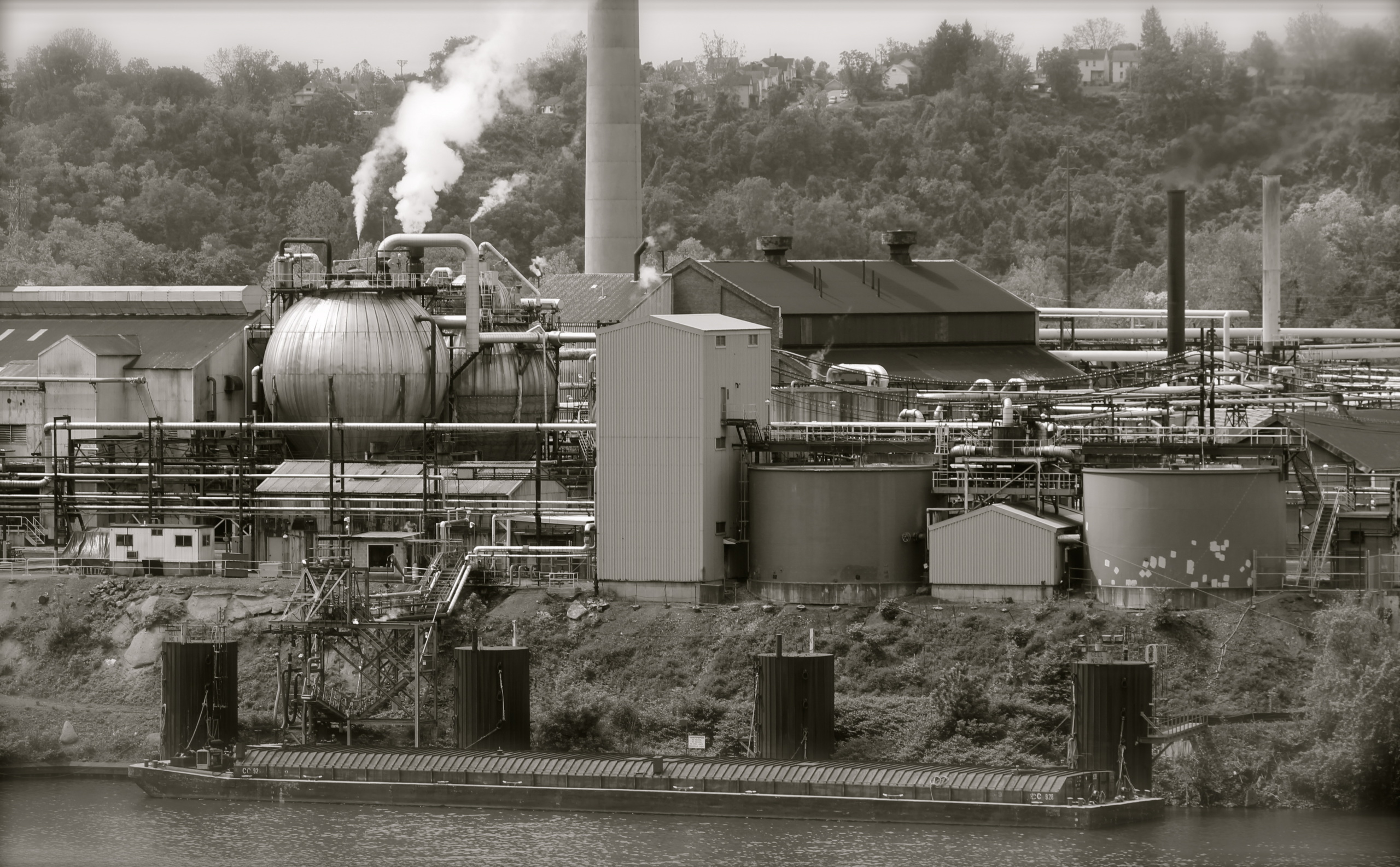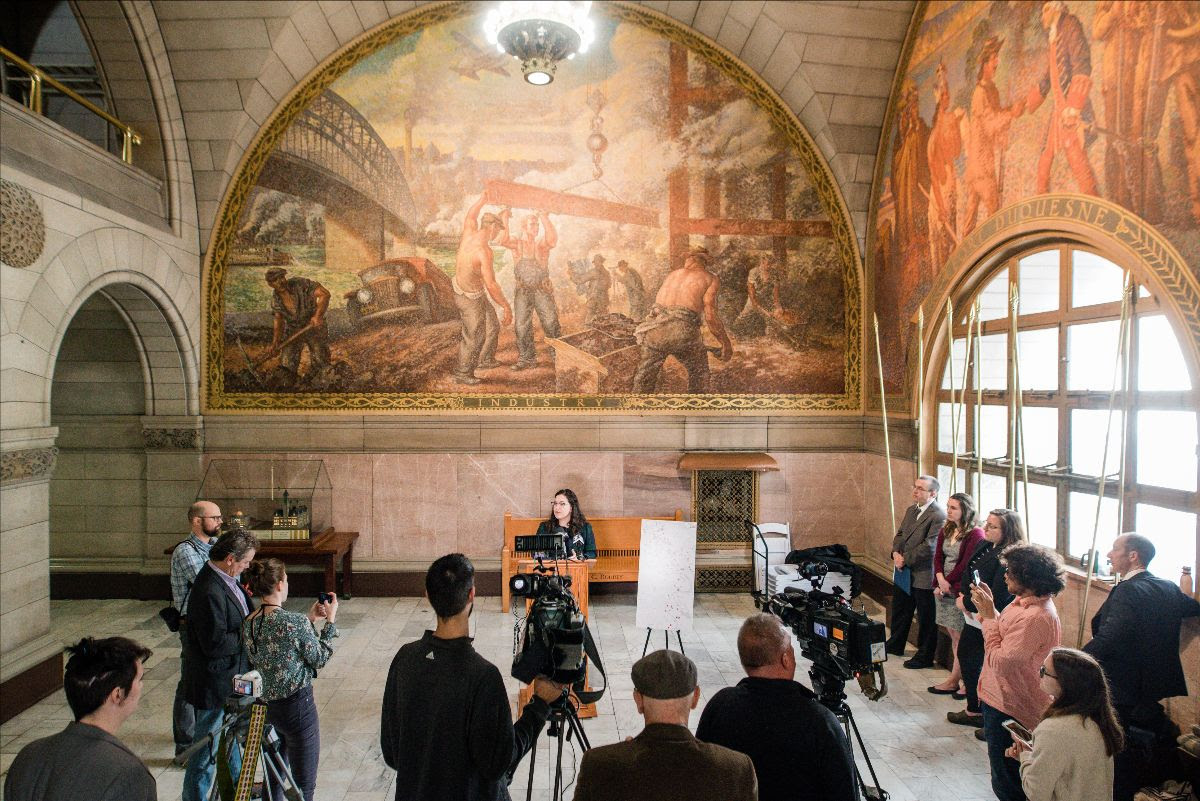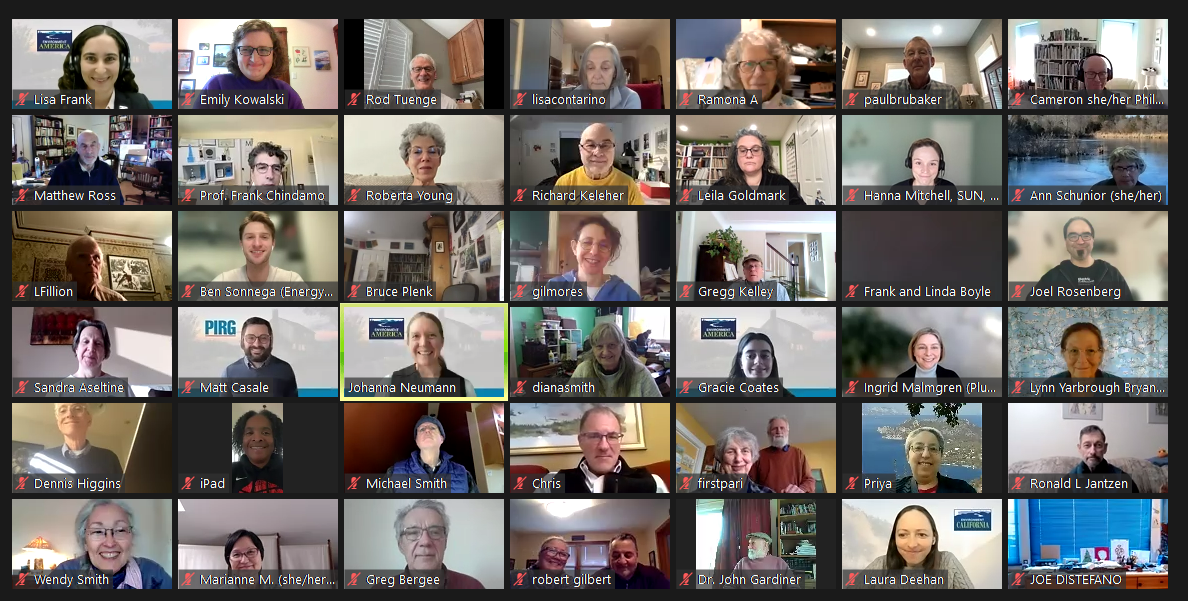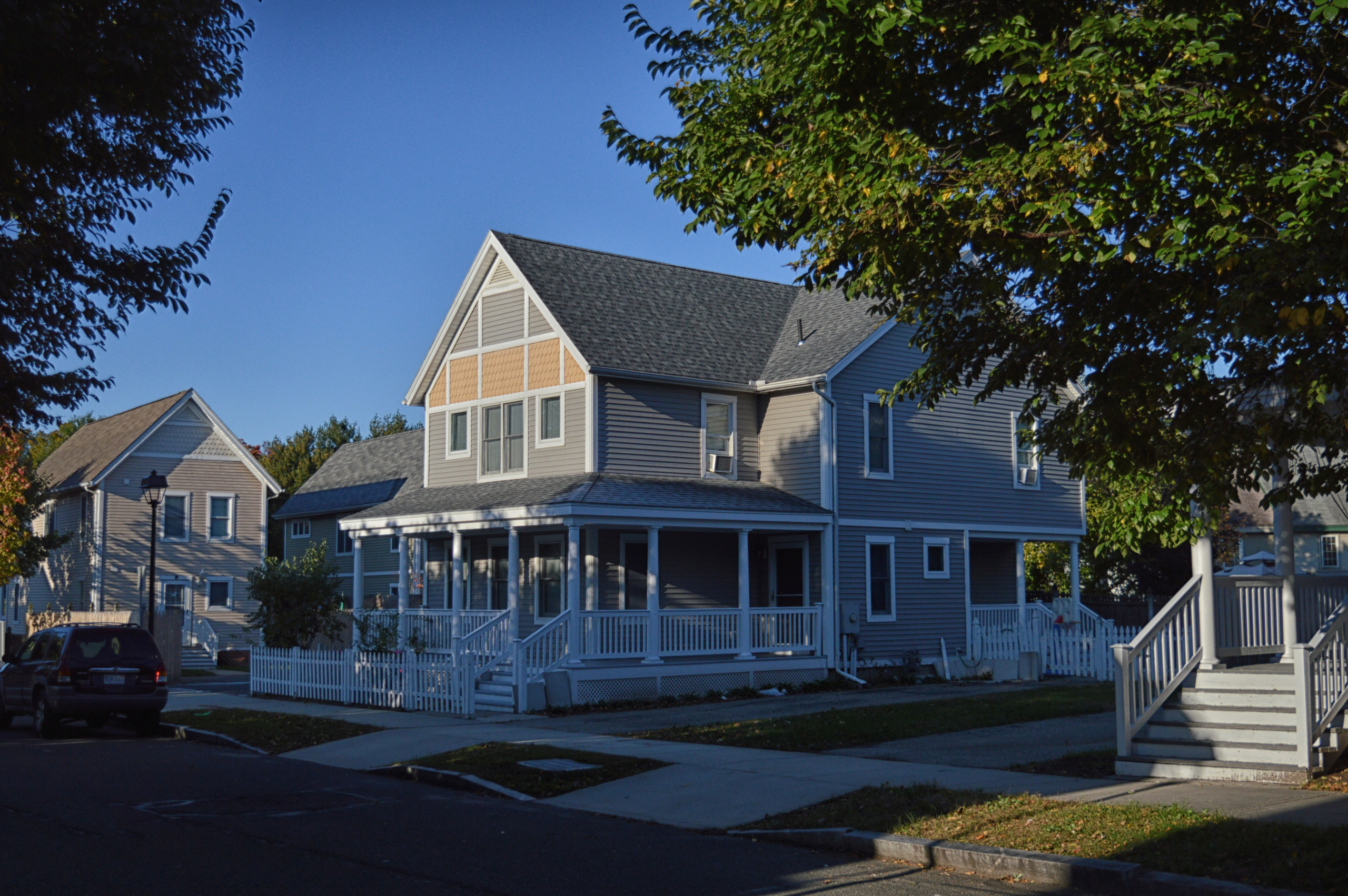
Cleaner air in Steel City
PennEnvironment and the National Environmental Law Center just helped settle one of the largest citizen-initiated Clean Air Act cases in U.S. history, and as a result, the people of the Pittsburgh region may soon breathe easier.


Two groups in our network just helped settle one of the largest citizen-initiated Clean Air Act cases in U.S. history, and as a result, the people of the Pittsburgh region may soon breathe easier.
Our state environmental organization, PennEnvironment, and our nonprofit litigation organization, the National Environmental Law Center (NELC), partnered with Clean Air Council to file a $42 million settlement with the U.S. Steel Corporation in U.S. District Court.
The agreement represents corporate accountability and a chance to live healthier lives for Pittsburgh area families, who day in and day out breathe air that the EPA ranks in the worst 2% nationally for cancer risk. Contributing to this dirty air are the U.S. Steel facilities known as the Clairton Coke Works and the Irvin and Edgar Thomson steel mills. Those plants caused 12,000 Clean Air Act violations since the start of 2018 as a result of pollution control system breakdowns.
A $5 million penalty payment, by far the largest Clean Air Act citizen suit in Pennsylvania history and the third-largest ever nationally, is a core element of the settlement. In addition to serving as a deterrent, 90% of the payment will be used to create a public health fund focused on the communities downwind of U.S. Steel’s facilities.
A federal judge is expected to approve this agreement, which will mandate roughly $37 million in pollution control and plant reliability improvements. In addition, it will tighten pollutant emission limits and require the permanent closure of some toxic pollution-spewing ovens that process coal to produce a gray, rocky substance known as “coke,” which, in turn, is used for steel production.
Critically, the agreement also includes additional penalties if the company breaks the law going forward.
Over the years, U.S. Steel has been a persistent and egregious violator of clean air laws and regulations and its own emission permits, despite repeated administrative enforcement efforts by the overwhelmed Allegheny County Health Department (ACHD).
Everything came to a head on Christmas Eve 2018, when a massive explosion and fire at Clairton Coke Works destroyed pollution control systems that scrub sulfur compounds and other pollutants from gas generated by the coke ovens, creating serious ongoing public health concerns.
U.S. Steel did not shut down or idle the plant despite the pollution control outage. As a result, published health studies soon documented an increase in asthma symptoms, hospital visits and outpatient visits for asthma.
Citing the facility’s age and flawed design as justification, U.S. Steel continued processing coal at Clairton Coke Works even after the Allegheny County Health Department began issuing weekly air quality alerts for 22 Mon Valley communities. Residents from eight communities surrounding the Clairton plant and environmental advocates gathered to share their concerns.
“I fear that health protections are not rising as the top priority for those of us who live in the affected communities,” said Lisa Graves-Marcucci, speaking on behalf of herself and her family in West Mifflin, Pleasant Hills and Jefferson Hills, all life-long Mon Valley residents. “More must be done to hold U.S. Steel accountable for the serious pollution releases, and that accountability must focus on health and not the company’s bottom line.”
In response, in April 2019, PennEnvironment and the Clean Air Council filed a Clean Air Act citizen suit pushing U.S. Steel to upgrade aging equipment, reduce toxic emissions and pay a penalty for its emissions violations.
In June 2019, just months after this lawsuit was filed against U.S. Steel, a major fire and equipment failure again knocked out the pollution controls at Clairton. Shortly thereafter, the Allegheny County Health Department intervened in our suit as a co-plaintiff because they, too, had exhausted all other options to rein in the Clairton Coke Works’ devastating air pollution.
We celebrated when U.S. Steel announced it would close three highly polluting batteries of coke ovens at Clairton Coke Works in March 2023. Now, the worst polluter of Allegheny County will be required to take several more important steps to clean up its act, including the shutdown of another battery of ovens and upgrades to keep its pollution controls in constant operation.
This settlement with U.S. Steel follows a similar lawsuit brought by PennEnvironment and the National Environmental Law Center that resulted in a $1.5 million penalty against another regional coal processor, in what was then the largest Clean Air Act citizen settlement in Pennsylvania history.
This is the kind of victory we aim for: a settlement that improves public and environmental health while creating a deterrent against future wrongdoing. Congratulations to the PennEnvironment, Clean Air Council and National Environmental Law Center teams.
Topics
Douglas H. Phelps
President and Executive Director, The Public Interest Network
Doug is President and Executive Director of The Public Interest Network. As director of MASSPIRG starting in 1979, he conceived and helped organize the Fund for the Public Interest, U.S. PIRG, National Environmental Law Center, Green Century Capital Management, Green Corps and Environment America, among other groups. Doug ran the public interest careers program at the Harvard Law School from 1976-1986. He is a graduate of Colorado State University and the Harvard Law School.
Find Out More

A look back at what our unique network accomplished in 2023

How much does American driving contribute to global climate pollution?

You have the power: how to electrify your home with new tax credits

